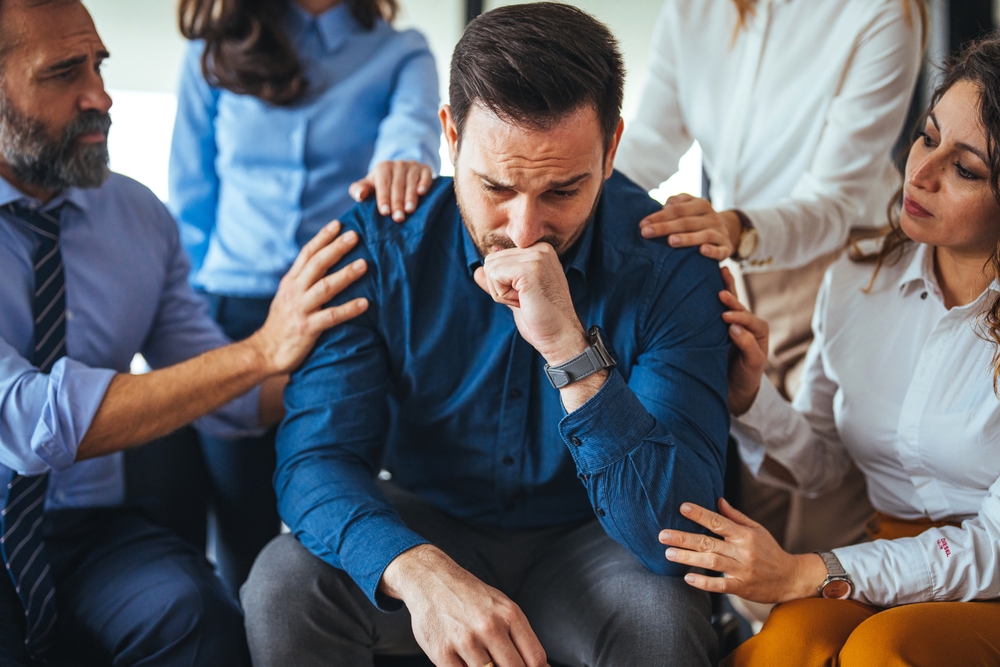We are deep into winter when the dreary, dark days seem to never end. Many people who experience symptoms of worry or sadness during this time have trouble understanding the root of their negative emotions. You may need to check-in on your mental hygiene practices when you cannot explain your feelings of dysphoria (feelings of general dissatisfaction with life), fatigue, and low mood. The concept of mental hygiene refers to the behaviors that keep us psychologically fit. Our mood and ability to manage daily stress can significantly improve when we perform the basics.
- Are you getting enough sleep?
Sleep deprivation can adversely affect our cognitive, physical, and psychological functions. A lack of sleep affects our ability to concentrate, focus, and remember information. A dysregulated emotional state also makes us more irritable. A lack of sleep leads to the release of more stress hormones in the body.
All these factors can distort our perception of information, affecting our ability to problem-solve. Getting enough sleep is probably the most challenging basic hygiene practice. Many people find it hard to maintain good sleeping habits.
- Did you exercise?
Extensive research has been conducted on the psychological benefits of exercise. Exercise has an equivalent or better effect on psychological functioning than psychotropic medications. There are several ways in which exercise can reduce stress, both directly and indirectly.
The first thing that exercise does is affect your physiology. When you exercise, you might produce more stress hormones, but your body quickly adapts, and you experience lower levels of stress hormones when you engage in physical activity. You also produce more neurotransmitters associated with mood, anxiety, and stress responses.
By exercising, people feel a sense of accomplishment, which improves their sense of self-efficacy and confidence about achieving their goals. Other areas of your life can benefit from exercise as well. Exercise outdoors is even better because you get your daily dose of vitamin D, another factor known to influence mental health.
- Did you leave the house?
As a result of COVID-19, many of us have adopted habits that keep us indoors. We no longer leave the house to go to work or school or shop for groceries. Slowly returning to normal, we don’t want to deal with traffic, long check-out lines, or complicated school drop-offs. This doesn’t mean, however, that you must stay indoors.
An essential component of maintaining a positive mood is exposure to sunlight. Suicide and depression rates are higher in areas with less sun exposure. The sun also stimulates the production of vitamin D. In addition, we tend to breathe better when we’re outside. We are more likely to take deep, long breaths, which helps us relax.
- Did you have a positive face-to-face interaction with someone outside your immediate household today?
It is human nature to be social. It is important for us to be around other people. Social support networks protect people from developing a variety of psychological disorders. In contrast, lonely people are more likely to suffer from depression, anxiety, and other health problems.
The use of technology has reduced the amount of time we spend face-to-face. Increasingly reliant on technology to fulfill our social needs has paradoxically alienated us from each other. Text messages and Instagram likes have replaced conversations as a means of communicating.
Our lack of organic social interactions has been exacerbated by COVID. Having friendly conversations with strangers forces us to step outside of our comfort zone. When we “fake positive,” we are more likely to feel positive.
- How much time did you spend on social media?
Social media can undoubtedly feel addictive, and some experts now argue that it affects our psychology in the same way as other addictive behaviors. Despite its harmless nature when used in moderation, it has various adverse effects when used to feel better or relax. Especially for women, social media can lead to self-comparison, which can lead to dissatisfaction with life.
On social media, it is easy to find examples of people who live glamorous, exciting lives. Furthermore, social media is often used passively by people. We don’t think or feel complex thoughts or emotions when we are on social media, unlike when we are watching a movie or reading a book. This is why platforms such as Facebook, TikTok, and Instagram are so popular.
It’s natural to want to turn off our brains when we’re already anxious or tired. We cannot engage in more effective coping behaviors when we engage in this type of avoidant behavior. Additionally, there is increasing evidence that social media can exacerbate divisions and appeal to our cognitive tendency to oversimplify. Cognitive errors such as all-or-nothing thinking or catastrophizing are amplified by this type of oversimplification. Social media may be the source of your negative feelings if you aren’t sure where to look.
Checklists like this are not meant to be comprehensive. Nevertheless, you can use it to establish healthy habits that will make you more resilient to life’s ups and downs.




